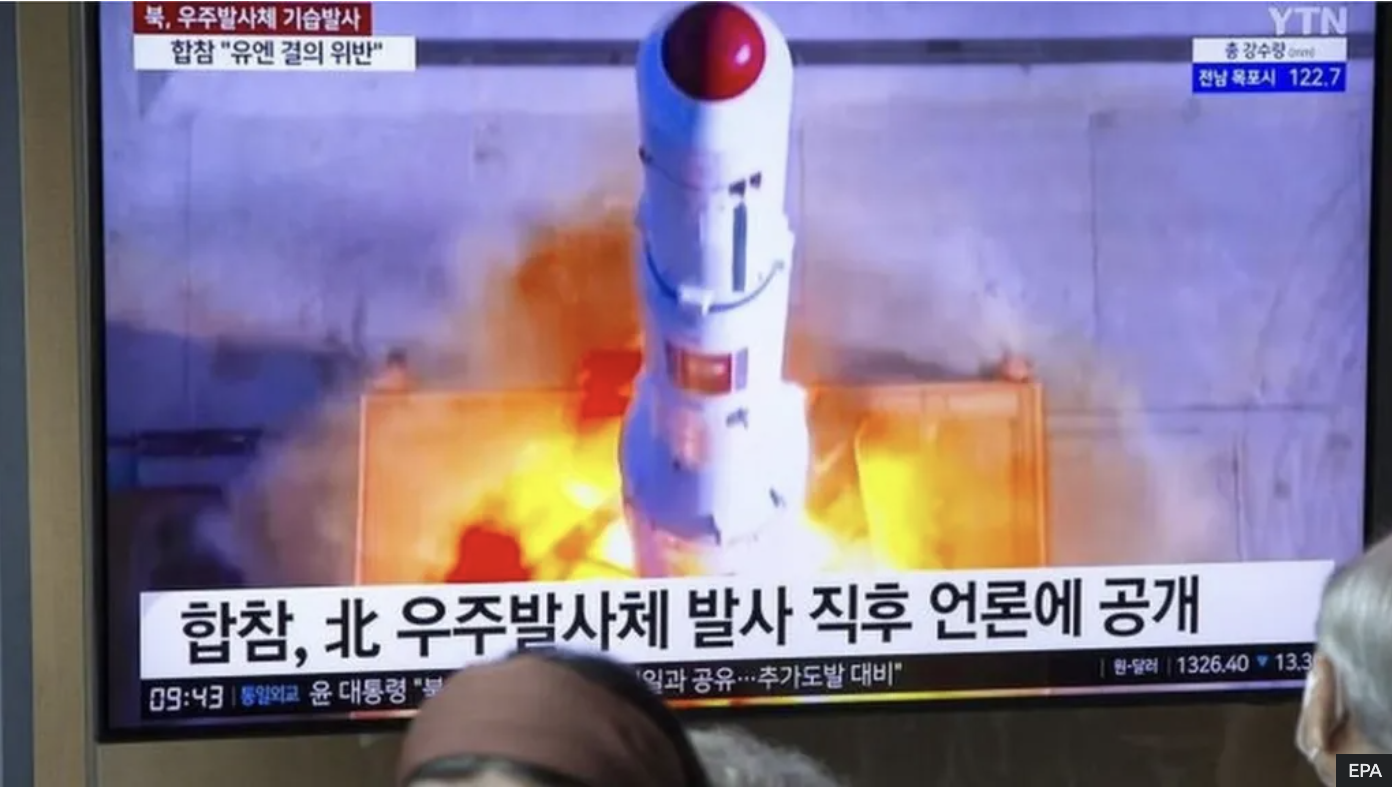Intelligence Report - Impact Assessment: North Korea’s Malligyong-1 Satellite Launch
By Chris Georgiou
ABSTRACT
On 21st November 2023, North Korea successfully launched its Malligyong-1 satellite into lower earth orbit, successfully achieving what only a handful of nations have thus far managed. In doing so, it has established itself as an actor in the space domain and altered the geopolitical landscape. It has also established itself as a potential threat in space, and – through such – earned itself a potential bargaining chip to leverage in future sanctions negotiations.
This report provides an impact and near-term assessment of the Malligyong-1 launch on broader space security and regional geopolitics. It factors in and considers the historical context of North Korea’s space programmes and related ambitions and the international community’s responses to it. It will then assess the impact of the launch on space as a security domain, and the geopolitical impact on surrounding nations and regional powers.
EXECUTIVE SUMMARY
Sanctions against North Korea have failed to limit its progress in space. The Malligyong-1 launch took place despite international sanctions, and North Korea has indicated that it will continue to launch more satellites in future.
The Malligyong-1 launch has solidified North Korea as both a space power and threat actor. Its ability to reach low-earth orbit confers the ability to target other satellites within it, lending credence to threats made against other space powers.
North Korea’s satellite programme serves as a bargaining chip for international leverage. Whereas talks have historically targeted North Korea’s nuclear programmes, its success in space raises the prospect of it featuring in future sanctions negotiations.
The launch represents improved ties with Russia. North Korea’s satellite programme has been made feasible through an exchange of artillery for rocketry expertise with Russia. It is unclear to what extent this will continue, although it is expected to continue in the short term, and likely throughout Russia’s war in Ukraine.
The launch signals a low point in inter-Korean relations. Since the launch, the Kim regime has publicly abandoned its goal of Korean reunification. Reactionary satellite launches by South Korea in collaboration with SpaceX have exacerbated this decline.

